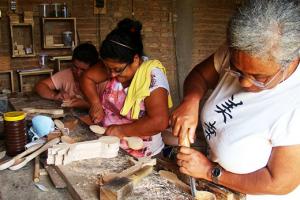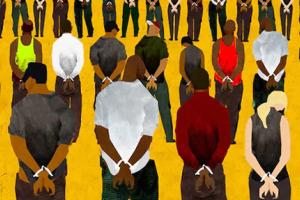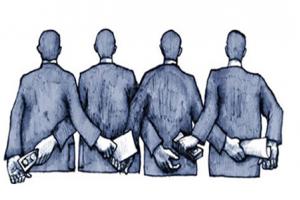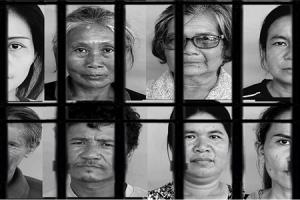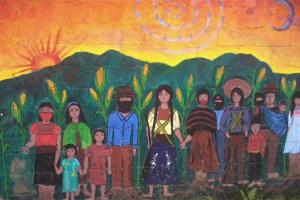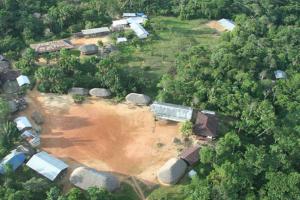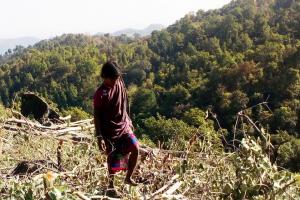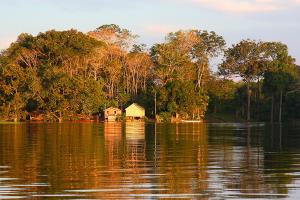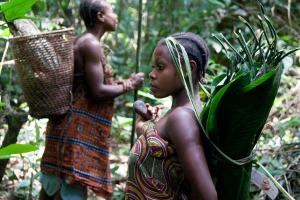Legal Land Theft
In most countries with tropical forests, governments uphold the colonial legacy that declared the State to be the owner of forest lands. This has enabled governments to legally grant land to private investors, often violating communities' customary ownership of the land. As a result, corporate activities that destroy forests continue to expand.
This text shares reflections that emerged from our discussions with women impacted by Green Economy projects in Brazil.
For the world’s richest men, the environmental crisis has finally arrived. From fleeing into outer space or fantasylands to science-fiction solutions, capitalists desperately seek fossil-fuelled business as usual to continue.
Polluting corporations tell stories about reaching “Net-Zero” emissions while planning to continue, or even increase, destruction and exploitation. Offsets are at the centre of these stories. Of late, offsetting is also being championed by the financial industry.
The tactics and strategies employed to impose land control and extractive operations in the forests are many. Most of these tactics and strategies are criminal acts.
The boundary lines between the “legitimate” and the “criminal” have long been paper thin. Indeed, mainstream capitalist enterprise arguably only prospers because its particular forms of looting, theft, fraud and cheating have been blessed with the holy water of “legality”.
How are forest crimes defined? In Thailand, forest-dependant communities, rather than the government and companies carrying out large-scale deforestation, became scapegoats for this destruction. (Available in Thai).
This bulletin seeks to warn about the strategies used by those imposing themselves on territories with the development flag. They increasingly work in alliance with financial capital—which they see as a partner, and which they reinforce with public resources.
WRM spoke with close allies from Brazil, Gabon, India, Mexico and Mozambique, to hear from them and learn about their understandings of development.
Most governments, NGOs and corporations are promoting more Protected Areas and conservation areas around the world. But what does conservation mean? Marlon Santi of the Kichwa people of Sarayaku explains to us what the Amazonian peoples of Ecuador consider to be conservation.
Funds from the Compensatory Afforestation scheme have been allocated for Covid-19 relief measures. The scheme has funded plantations that invade community land and has led to illegal evictions where “Protected Areas” have been declared. This has not stopped during the lockdown.
The environmental, climatic and social crisis has been a reality for many for a long time. Yet, rather than acknowledging their contribution to this crisis, corporations and allies use the pandemic to amplify their push to expand Protected Areas, presenting it as a "global solution".
The conservation industry’s plan to double the size of Protected Areas (PAs) is supposed to be the solution to biodiversity loss, climate change, and now even COVID-19! Although PAs will solve none of these, if the conservation industry keeps repeating a big lie, people will eventually come to believe it.
